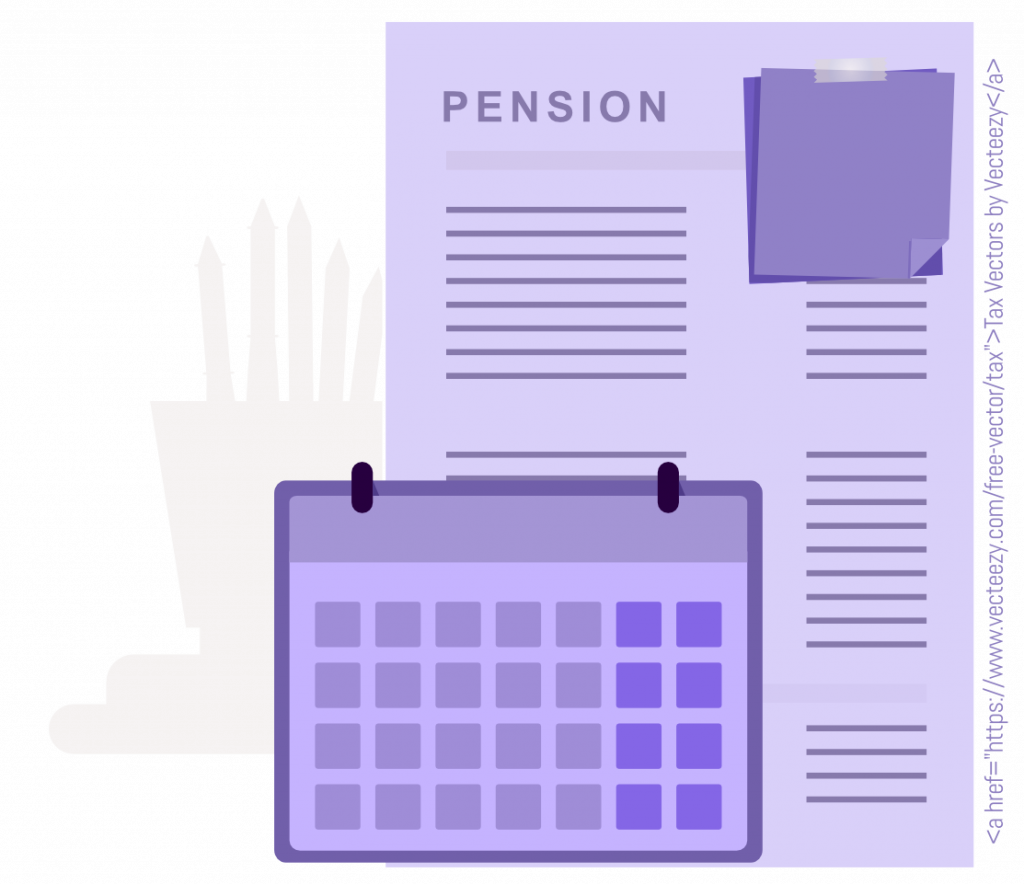Pensions and Death
Pension rules after death
After passing away, your civil partner, spouse, or other beneficiaries may have the right to inherit your pension. Indeed, specific rules and regulations on pension death benefits determine who gets to inherit your pension. The pension death benefits are also heavily influenced by your age and the type of pension.
What happens to your pension when you die?
In 2015, new pension rules were introduced governing everything from how you access your pension to what can happen to your pension pot after you pass away. Pensions are considered to sit outside your estate, which means that when you pass away, your beneficiaries can access your retirement savings without having to pay inheritance tax.

A set of new pension regulations were introduced in 2015 that govern things such as how you get your pension and what happens to it after you die. According to the new rules, your pension beneficiaries don’t have to cover any inheritance tax.
Nowadays, almost all private and workplace pension schemes offer death benefits. Therefore, if you die, your beneficiaries need to get in touch with your pension provider.
What happens to your private pension when you die?
A workplace pension is a private pension, the same as having a self-employed pension or a SIPP. There are two kinds of private pensions: defined benefit pensions and defined contribution pensions. Your pension type will determine when and how much your beneficiaries can inherit in case you pass away.
Defined contribution pensions

Key factors that influence how your beneficiaries can access your pension are the age at which you pass away and whether you started drawing pension money.
If you pass away before the age of 75 years and have not made any withdrawals what so ever, your beneficiaries will be able to take it as a tax-free lump sum, purchase an annuity, or invest it in a drawdown. Those that will inherit your pension pot need to claim the death pension within the first two years after your death. If they claim it after two years, they might need to pay tax on it.
If you pass away before 75 and you were already drawing from your pension scheme, your beneficiaries will have a few limited options at their disposal and these will all depend by how you were accessing your savings. If you have taken a lump sum and the remaining of your pension pot is in your bank account, then that is added to your estate and will be taxed. On the other hand, if you have chosen drawdowns, then those named beneficiaries may get whatever you have in your account tax-free. They can do that by buying an annuity, as a lump sum, or via drawdown.
Getting an annuity after death is one of the most complicated options. In most cases, it is possible to pass it on to a beneficiary if you were already drawing cash from it before passing away. Some annuity types that can be transferred after passing away are protected term annuities, value guaranteed, and joint life. But there are a lot of rules and conditions attached to getting an annuity after death. Because of that, we recommend getting in touch with your pension scheme provider to learn more about your options.
In case you pass away after you turn 75, the beneficiaries might need to cover the income tax, but at a marginal rate. Plus, if there is a substantial lump-sum death benefit, they can get a rather high tax bracket.
You need to inform your pension administrator about your beneficiaries, along with their contact details. This way, you can ensure that your pension is successfully passed on to them after your death.
Defined benefit pensions

These pensions are governed by different rules. The main factor that influences your death pension is whether you had already retired before death.
If you die before retiring, your beneficiaries will receive a single lump sum valued at two to four times your wages. Your beneficiaries would get a tax-free payment if you were not older than 75 at the time of your death.
If you were retired at the time of your death, the pension would be transferred to your civil partner, spouse, or other dependents and a reduced pension will be paid to them . There are strict scheme rules that determine who can be considered a dependant and who may receive a death benefits payment.
What happens to your state pension when you die?
You can pass State Pension payments only to a civil partner or a spouse after death. In this case, you need to consider if you were retired before April 6th, 2016, or after that period. That’s when a set of new pension rules were introduced.
If you reached the government-approved pension age before April 6th, 2016 and receive the Basic State Pension, your civil partner or spouse will be able to make a claim on your Additional State Pension. The additional state pension is dependent on your record of national insurance contributions. If you got to a state pension age after April 6th, 2016, your civil partner or spouse will be eligible for the “new state pension.” On top of that, your civil partner or spouse might also be eligible for additional payment.
